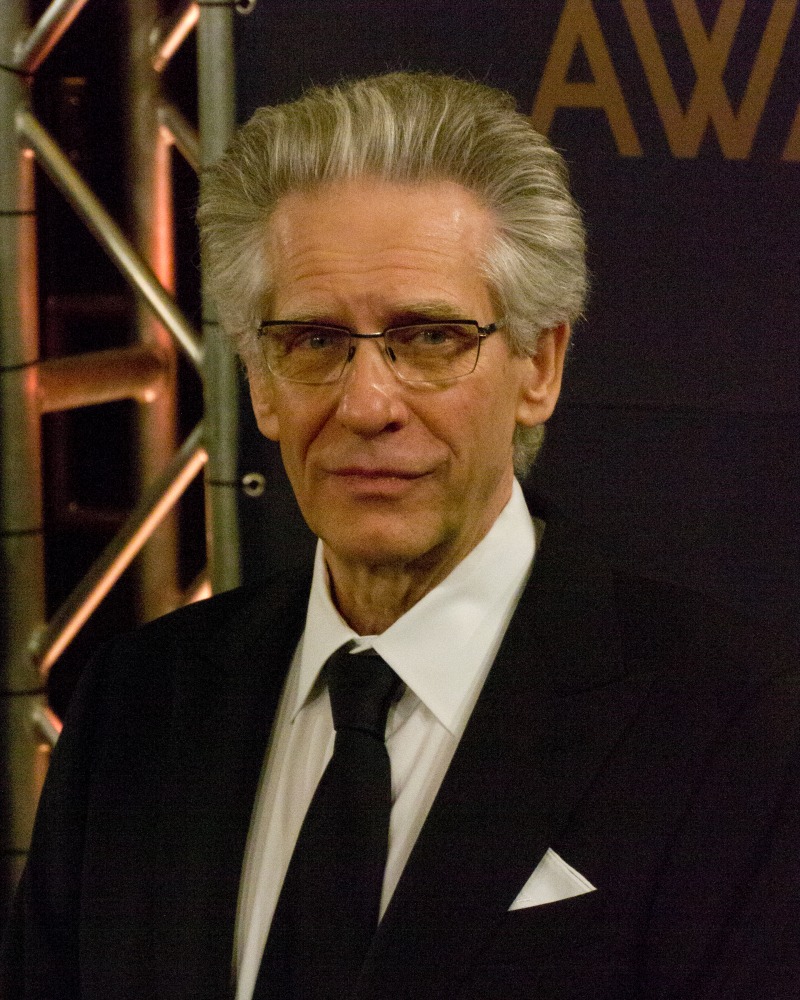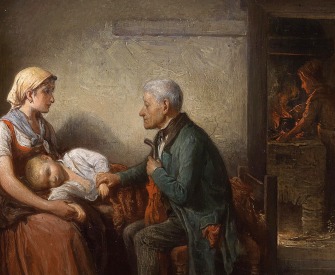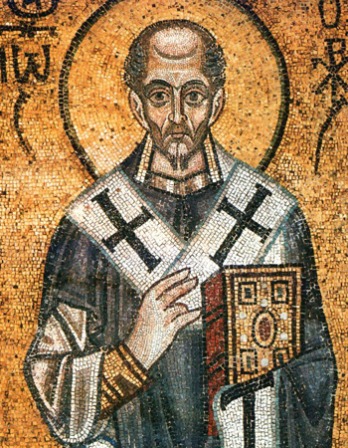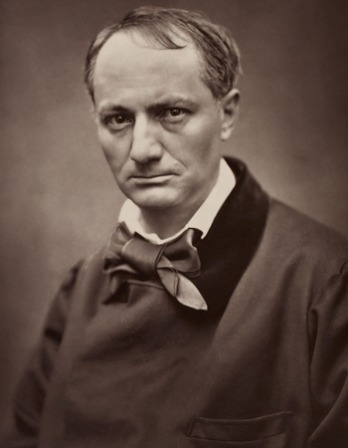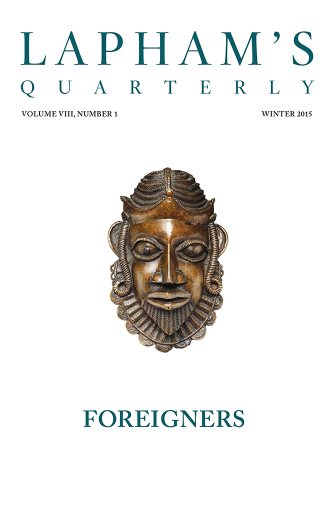
Blaise Pascal
Pensées,
c. 1657
Pensées,
Let man examine the most delicate things he knows. Let a mite be given him, with its minute body and parts incomparably more minute, limbs with their joints, veins in the limbs, blood in the veins, humors in the blood, drops in the humors, vapors in the drops. Dividing these last things again, let him exhaust his powers of conception, and let the last object at which he can arrive be now that of our discourse. Perhaps he will think that here is the smallest point in nature. I will let him see therein a new abyss. I will paint for him not only the visible universe, but all he can conceive of nature’s immensity in the womb of this abridged atom. Let him see therein an infinity of universes, each of which has its firmament, its planets, its earth, in the same proportion as in the visible world. In each earth animals, and in the last mites, in which he will find again all that the first had, finding still in these others the same thing without end and without cessation. Let him lose himself in wonders as amazing in their littleness as the others in their vastness. For who will not be astounded at the fact that our body, which a little while ago was imperceptible in the universe, itself imperceptible in the bosom of the whole, is now a colossus, a world, or rather a whole, in respect of the nothingness that we cannot reach? He who regards himself in this light will be afraid of himself, and observing himself sustained in the body given him by nature between those two abysses of the Infinite and Nothing, will tremble at the sight of these marvels. I think that, as his curiosity changes into admiration, he will be more disposed to contemplate them in silence than to examine them with presumption.
